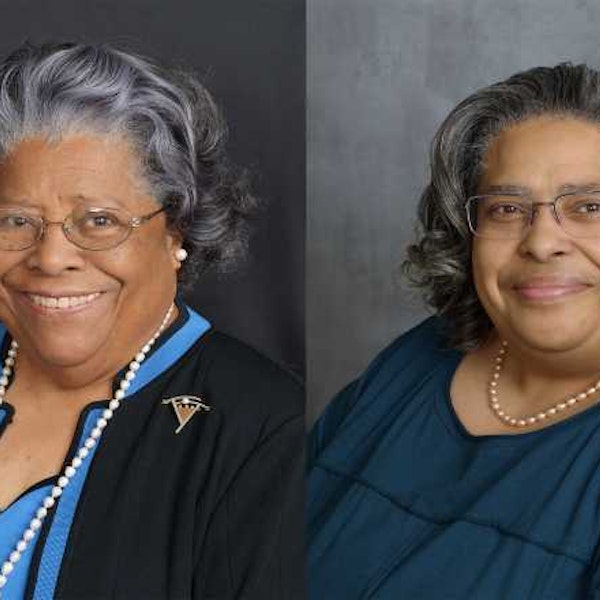JOIN US ON A JOURNEY THROUGH BLACK HISTORY IN SOUTHWEST ILLINOIS
Though Illinois was admitted to the union as a free state in 1818, it was not nor had it been a welcoming place for those of African ancestry.
(This is the debut article in a monthly series focusing on the history and impact of African ancestry on the six county Great Rivers & Routes region.)
In the late 1700s, when what is now Illinois became part of the Northwest Territory, slavery was prohibited. However, current owners were allowed to keep people in bondage. From shortly after statehood until the passage of the 13th Amendment in 1865, Illinois enacted numerous laws, known as the Black Codes. These laws placed restrictions on the lives of freemen and allowed the continuation of slavery throughout the state. Under these laws, free Blacks could not vote, own or carry firearms, gather in groups of more than three, or sue a white person. They were required to have freedom certificates at all times or were assumed to be escaped slaves. As such, they were subject to arrest, fines, and sale. Later laws required immediate registration and the payment of a cash bond when entering a county. By 1829, that bond was $1,000 per person, the equivalent of $24,000 to $28,000 today. These laws also allowed for slave-hunting and the return of escapees to bondage. They created an extreme indenture period allowing slaves to be brought into the state and classified as “indentured servants” without an actual change in their circumstances.
Even with the Black Codes in place, people of African ancestry built homes, businesses, and communities across the state. Many of the stories regarding people of African ancestry in what is now Southwestern Illinois begin with enslavement. Many: not all. Written into the landscape of the region are countless instances of how those enslaved, freedom-seeking, free-born, and their descendants have shaped the communities we share today. By teasing apart family stories, church histories, and vague recollections, one may begin to build a list of questions. Searching in probate and land record; newspapers and city directories; cemetery and military logs: and other formal documents bring to light the names, circumstances, and contributions of these people.
Join us as we journey through time and across the region to consider these people. Our guides for this journey are Charlotte E. Johnson, a local historian, and her daughter, Renee B. Johnson, author of Alton ABC. Mrs. Johnson has long collected and researched the stories of Illinois. Her work has resulted in numerous family revelations, museum holdings and exhibits, presentations, and listings on both The National Underground Railroad Network to Freedom and the National Register of Historic Places. Ms. Johnson shares her mother’s interest in history and genealogy, supporting the effort to tell the true story of people and their lives. Through a joint project with the Hayner Genealogy and Local History Library and the Alton High School Graphics department, Ms. Johnson worked with a group of students in 2019 to create a children’s picture book that highlights people, places, and history, Alton ABC.
As we journey, we trust that you will consider your Southwestern Illinois story and how it intertwines with those we present. We challenge you to seek out those connections, to tease apart the recollections of your forbearers, and bring to light the stories of you, yours, and our communities.
YOU MAY ALSO LIKE
Hear Untold Black Stories of Alton
WHY ALTON IS THE BIRTHPLACE OF COOL
A Return To Rocky Fork: Early People
Mysterious Mineral Springs has a recipe for paranormal adventures
About the Author

Charlotte E. Johnson & Reneé B. Johnson